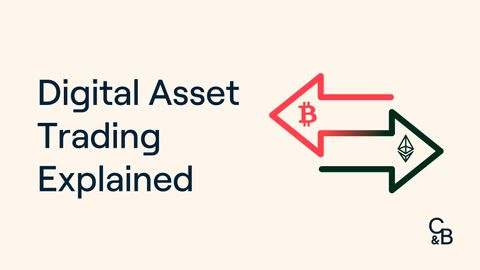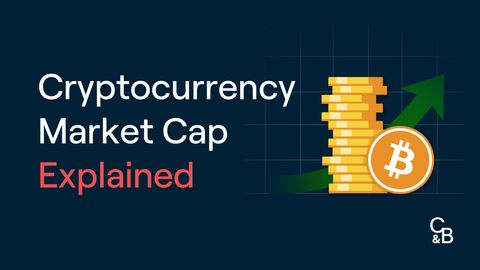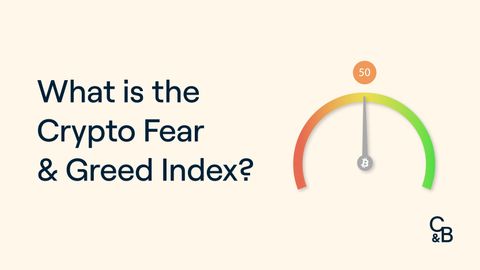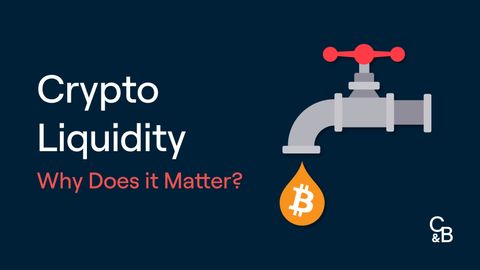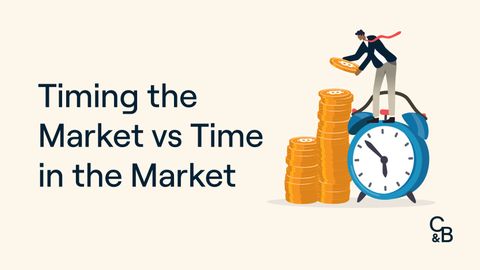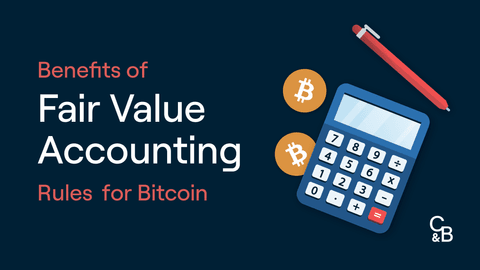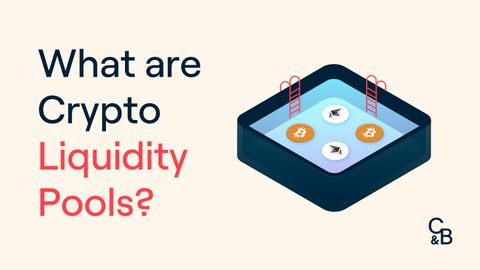A Guide to Digital Asset Trading
In a world where everything is going digital, it's no surprise that digital assets are on the rise. Retail and institutional investors alike are interested in the potential for digital assets to revolutionise traditional finance. Digital assets present novel investment opportunities as well as innovative stores of value and mediums of exchange.
But what are digital assets, and why are they so important? In this article, we will guide you through what digital assets are, their various types, and why they’re important.
What Is Digital Asset Trading?
Digital assets are anything created and stored virtually, which are perceived to have value. Powered by blockchain technology, digital assets include cryptocurrencies, non-fungible tokens (NFTs), asset-backed tokens and tokenized real estate. Digital asset trading refers to the buying, selling, and swapping of these virtual assets.
How Does Digital Asset Trading Work?
Digital asset trading is supported through brokerages and exchanges that allow you to buy, sell or swap assets of your choice. To start trading, you’ll need to open an account with a brokerage or centralised exchange, and depending on the platform, this could be through an app or online marketplace.
Individuals are also able to create a crypto wallet with providers such as Metamask and Trust Wallet to trade on decentralised exchanges such as Uniswap.
Digital assets are usually stored in an online digital wallet, though more experienced traders may store their digital assets in offline hardware wallets.
Importance of Digital Assets
Digital asset investments are part of the next frontier in finance. In the last quarter of 2021, the global digital asset ecosystem reached a $2.1 trillion valuation, which is higher than the GDP of Italy or Canada. Here are some of the main reasons digital assets are considered important:
-
Transaction Transparency: Every transaction on a blockchain, whether it’s the creation or exchange of a digital asset, is recorded on a digital ledger that is publicly accessible. This promotes transparency and makes it easy to track transactions, verify ownership, or establish an audit trail, which is advantageous in creating a fair and open system.
-
Decentralised Finance (DeFi): In centralised finance, your money is held by banks and third-party vendors that act as intermediaries in financial transactions. Each intermediary charges a fee to facilitate transactions between parties.
In DeFi, the need for self-interested intermediaries is eliminated; digital assets can instead be transferred between parties, directly, through smart contracts. DeFi minimises transaction fees and charges that would otherwise be paid to intermediaries running a centralised financial system.
-
CeFi Actors: In crypto, centralised finance (CeFi) refers to intermediaries that engage in the traditional centralised finance system, including crypto brokerages and centralised exchanges. They offer an entry point into crypto and digital asset trading. For example, Caleb & Brown supports users to buy, sell, swap and store digital assets through its brokerage. By offering such services, CeFi actors bridge the gap between traditional finance and digital asset trading.
-
Exchanges: Exchanges provide a platform through which digital assets are traded. They act as marketplaces for buyers and sellers of digital assets to connect and trade. Exchanges charge commissions, and other fees, for each transaction and activity executed on their platforms.
-
Asset Tokenisation: Asset tokenisation refers to the creation of digital tokens that represent ownership rights of assets, including property, stocks, bonds, or commodities. The tokenisation enables the purchase of conventional assets in smaller fractions. This lowers the investment’s minimum entry requirements, which is good news for smaller players, and opens up the investment to more potential capital as a result.
Examples of Digital Assets To Trade
If you are looking for digital assets to trade, here are some options to consider.
Cryptocurrency
Cryptocurrencies act as virtual currencies whose transactions are recorded on the blockchain. Blockchains are secured by cryptographic algorithms that require solving complex math problems. The value of a cryptocurrency is determined by the market participants who trade in the asset, also known as supply and demand. Out of the many types of crypto, the most-traded coins are usually Bitcoin and Ethereum, which also hold the biggest market caps.
Stablecoins
Stablecoins are cryptocurrencies designed for price stability. As the name implies, they are meant to hold a stable value, relative to another asset or financial instrument they are linked to, such as fiat currencies like the US Dollar, or commodities such as gold.
NFTs
Non-fungible tokens (NFTs) are digital assets used to represent ownership of items like art, collectibles, tickets, avatars, or real estate. Each NFT is unique and irreplaceable, and you can authenticate ownership of an NFT as a result.
Asset-Backed Tokens
Asset-backed tokens are tokens pegged to other assets, such as gold, equities, or oil. The tokens allow the fractionalisation of assets into smaller units, which makes it affordable for retail investors to own a piece of an expensive or illiquid asset. The value of asset-backed tokens is determined by the value of the underlying asset.
Commercial Real Estate Tokens
Among digital asset examples, commercial real estate tokens are asset-backed tokens. These digital assets convert real estate's value and ownership rights into tokens, making it possible to trade real estate in fractional (smaller) units.
CBDCs
Central bank digital currencies (CBDCs) are a type of digital asset that represents a nation’s fiat currency and is backed by its central bank. CBDCs are digital forms of fiat currencies. They could be used for cross-border transfers or for conversion into fiat money or cryptocurrencies.
Understanding Digital Asset Trading Through Blockchain Technology
A blockchain is a distributed ledger that allows and records the creation, storage, and transfer of digital assets without an intermediary. Transactions of digital assets are validated by participants in the blockchain who must agree on the validity of transactions to confirm them. This enables a secure, decentralised and trusted network, which reduces risk and cost to all players involved.
Explore Investment Opportunities Through Digital Assets
Blockchain technology has prompted a powerful shift in the way investors think about owning and trading physical and virtual assets. The rise of digital assets completely redefines notions of value and ownership, especially when it comes to intangible assets like digital art and experiences. Through blockchain technology, digital asset trading has opened opportunities for investors to participate in a transparent and decentralised financial system.
FAQs
Q: How do digital assets make money?
A: Digital assets can see investors make profits when asset values increase or by generating income (e.g. through staking, which offers rewards). The value of digital assets backed by another asset could depend on that underlying asset. For example, if the value of gold increases, the value of a gold-backed token should also increase.
Q: How does a digital asset exchange work?
A digital asset exchange provides a platform through which digital assets can be bought, sold, swapped, borrowed, or loaned through a peer-to-peer network. By providing a platform, the exchange acts as an intermediary to the trading parties.
Q: Is Bitcoin a digital asset?
A: Yes, Bitcoin is a cryptocurrency that is also a digital asset.
Disclaimer: This assessment does not consider your personal circumstances, and should not be construed as financial, legal or investment advice. These thoughts are ours only and should only be taken as educational by the reader. Under no circumstances do we make recommendation or assurance towards the views expressed in the blog-post. The Company disclaims all duties and liabilities, including liability for negligence, for any loss or damage which is suffered or incurred by any person acting on any information provided.
